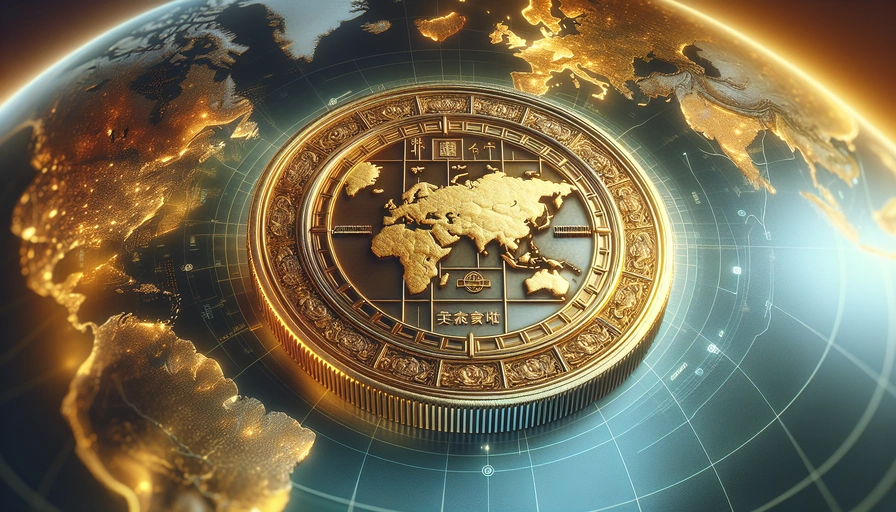The global gold market has seen significant shifts in recent years, with Russia playing a pivotal role. As geopolitical tensions rise, particularly due to the ongoing Russia-Ukraine conflict and trade disputes involving the United States, gold has emerged as a crucial asset for economic stability and growth.
- Surge in Gold Exports: Tanzania’s gold export earnings surged from $1.549 billion USD in 2018 to $3.369 billion USD in 2024, more than doubling. This increase is due to higher production and increased gold prices, which rose by 88.12% over six years. The average price per troy ounce rose from $1,269.23 USD in 2018 to $2,387.70 USD in 2024.
- Global Demand for Gold: The demand for gold as a safe-haven asset has been driven by global geopolitical instability, including the Russia-Ukraine conflict and US trade tensions. Increased global demand for gold is linked to economic uncertainty and concerns about the US dollar’s stability.
- Bank of Tanzania’s Gold Purchasing Initiative: The Bank of Tanzania’s gold purchasing initiative has shown positive results and could further boost the economy if expanded to include trading. Increased gold reserves would improve Tanzania’s ability to manage imports and external economic shocks.
In summary, the global gold market is experiencing a significant transformation, with Russia’s strategic moves influencing global trends. As geopolitical tensions continue to rise, gold remains a critical asset for economic stability, driving countries like Tanzania to enhance their gold reserves and capitalize on the growing demand. This strategic shift underscores the importance of gold in navigating economic uncertainties and maintaining financial resilience.

